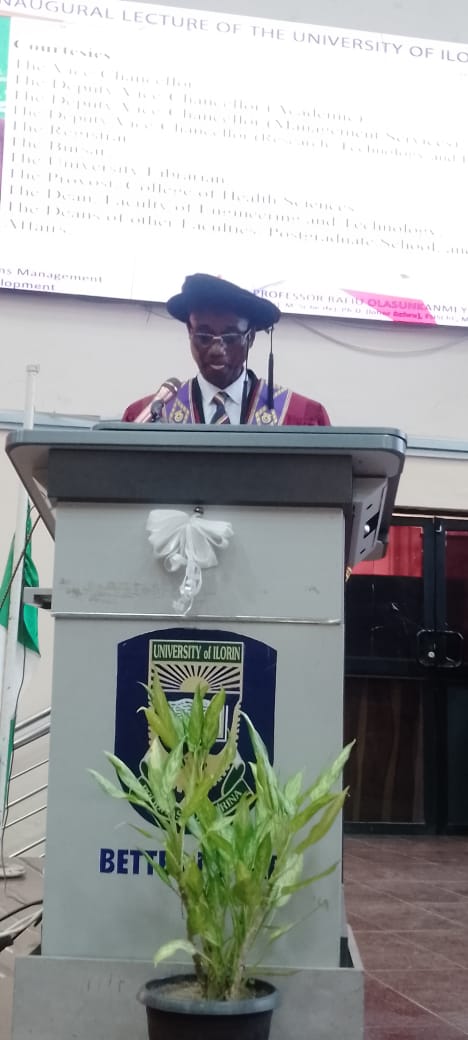…..On Nigeria’s specific environmental concerns, Professor Yusuf warned that the country must act fast to reduce greenhouse gas emissions, particularly methane and other pollutants from urban and industrial activities.
Taiwo Ogunniyi
A Professor of Chemical Engineering at the University of Ilorin, Professor Rafiu Olasunkanmi Yusuf, has urged Nigerian authorities at all levels to scale up investment in sustainable waste and emissions management, warning that inadequate funding, outdated policies, and poor infrastructure are stalling progress in the fight against environmental degradation.

Delivering the university’s 286th Inaugural Lecture titled “Waste Stream and Emissions Management for Sustainable Development”, Professor Yusuf warned that Nigeria risks falling further behind in achieving environmental sustainability if the government fails to embrace emerging technologies such as waste-to-energy and advanced bioremediation.
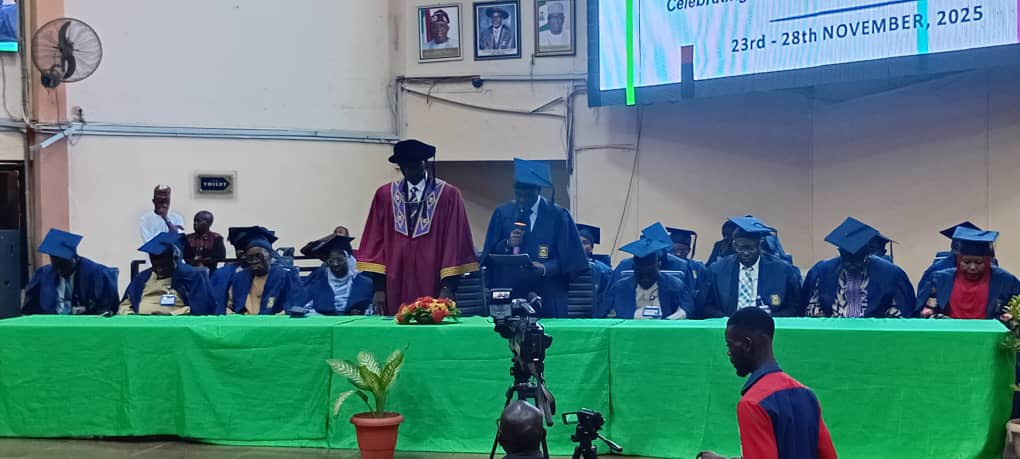
“Environmental engineering, particularly in the areas of waste management and emissions control, is hampered by major challenges, especially poor funding,” he said.
“Without adequate support from both government and the private sector, it will be difficult to scale up research and develop innovative solutions such as energy recovery systems.”
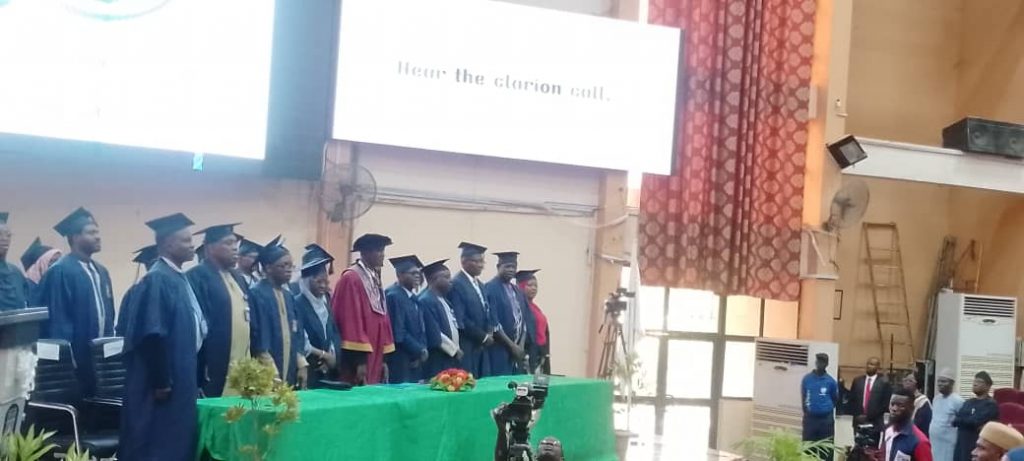
Professor Yusuf highlighted the technological barriers facing his field, calling for urgent investment in infrastructure to support the deployment of cutting-edge techniques like anaerobic digestion, gasification, and pyrolysis.
According to him, these technologies not only reduce environmental waste but also generate renewable energy, offering a dual solution to Nigeria’s energy and waste crises.
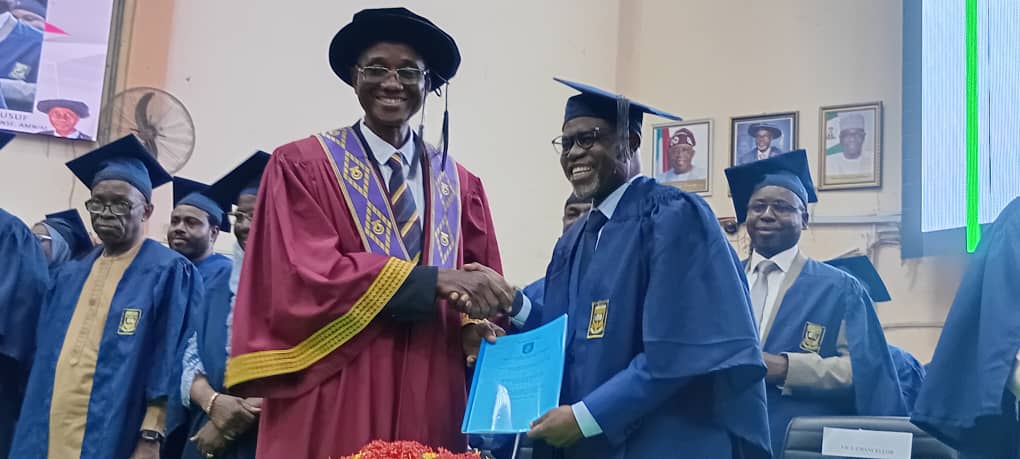
He noted that despite existing environmental regulations, enforcement remains inconsistent, and policies often lag behind scientific advancements.
“We need stronger mechanisms to implement and monitor environmental regulations, particularly in the industrial and energy sectors,” he stated.
The don emphasized the importance of moving towards a circular economy — a model that prioritizes resource recovery and closed-loop systems.
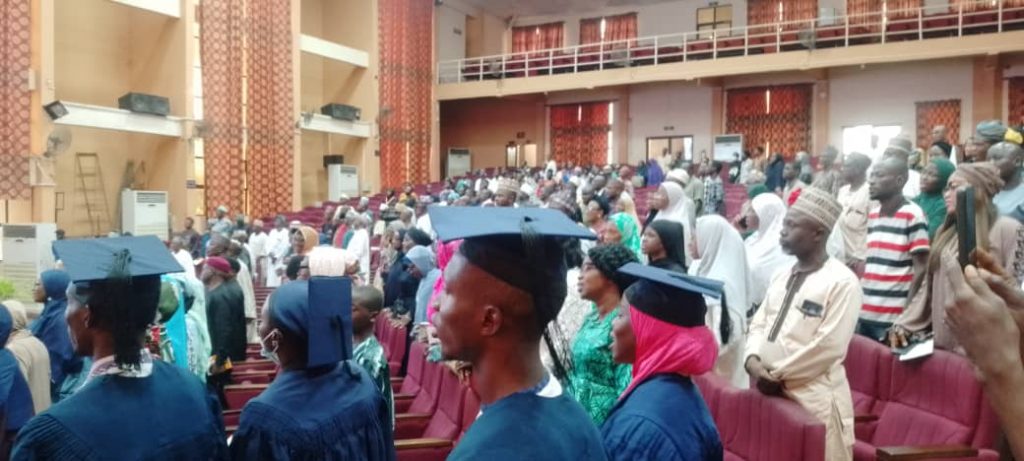
“This approach is in line with my research on recovering energy and materials from solid waste. It has the potential to drastically reduce the environmental impact of our current waste disposal methods.”
Professor Yusuf also called for increased use of big data and artificial intelligence in environmental management.
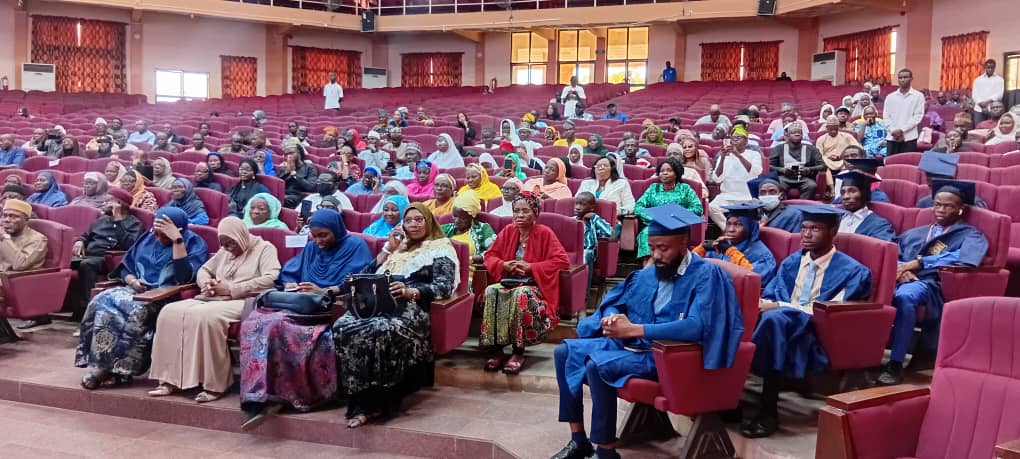
“With machine learning and data analytics, we can forecast waste generation patterns, optimise recycling, and predict pollution trends,” he said.
“These tools can help make our waste management systems more efficient and responsive.”
On Nigeria’s specific environmental concerns, Professor Yusuf warned that the country must act fast to reduce greenhouse gas emissions, particularly methane and other pollutants from urban and industrial activities.
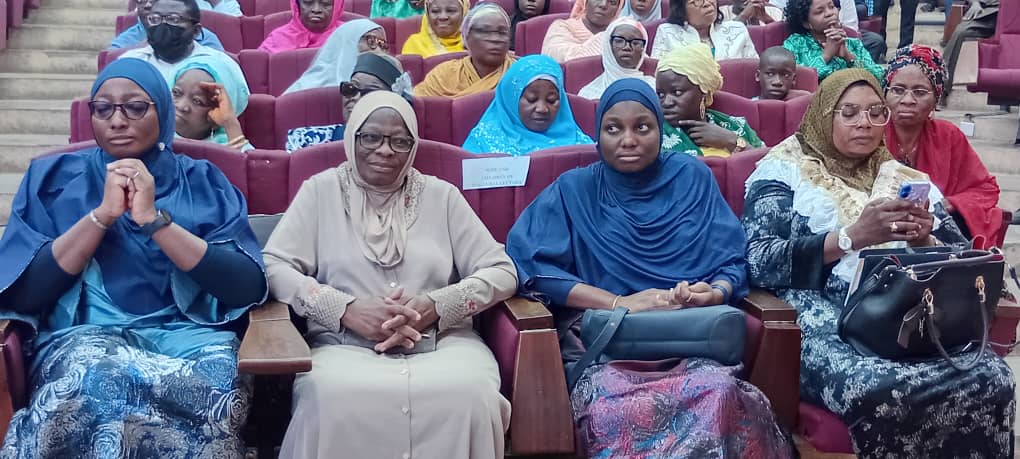
“We must develop local strategies for emission reduction and sustainable resource recovery. This requires collaborative efforts between researchers, industry stakeholders, and policymakers.”

He made a direct appeal to the Kwara State Government to revisit a previously designed Integrated Solid Waste Management Facility for Ilorin, which was planned by CIWAT Engineers with Gbagede as the proposed site.
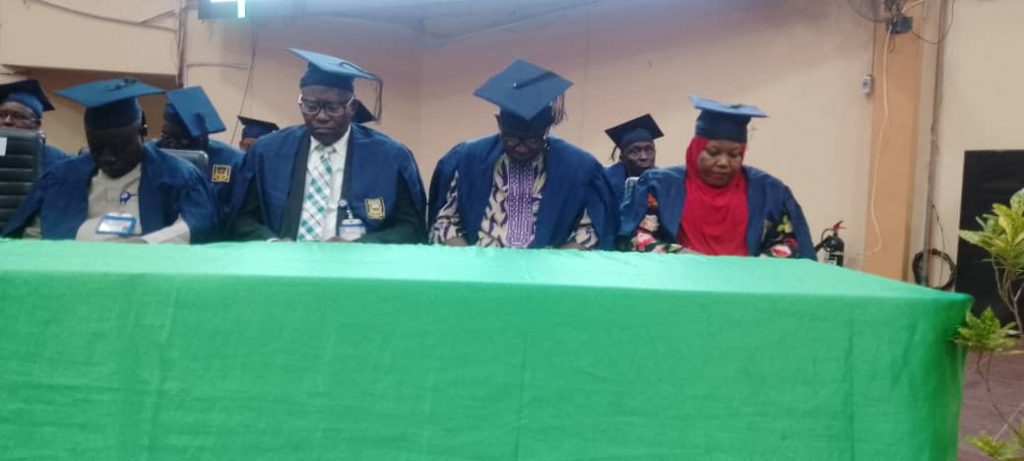
“The project was well designed to serve the growing population of Ilorin, and its implementation will drastically reduce reckless waste dumping across the city.”
Professor Yusuf concluded his presentation with a call for sustained partnerships and innovative thinking in Nigeria’s journey towards a cleaner, more sustainable environment.
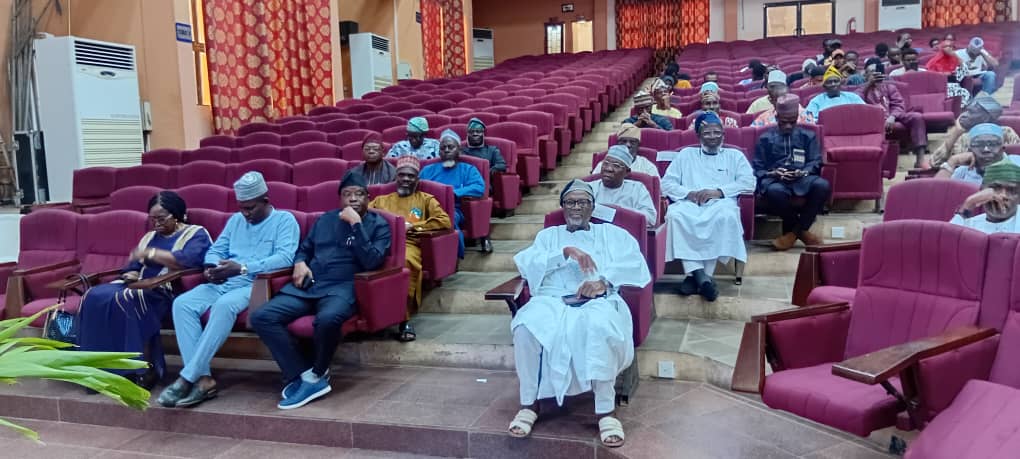
“Environmental sustainability is not a choice. It is a necessity that requires commitment, innovation, and above all, collective action,” he said.
The lecture, drew attendance from members of the university management, faculty staff, students, policymakers, media representatives, and community leaders

